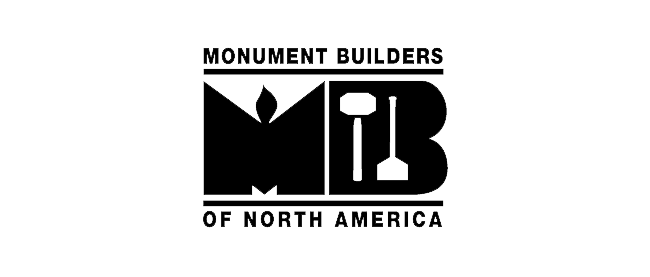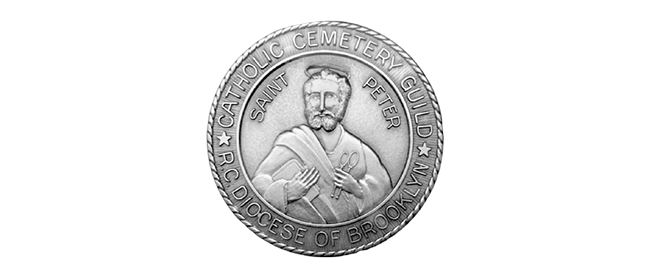Questions to Ask Yourself to Heal From Grief

There’s no pain like the pain of losing someone you love. Each of us fear losing the people closest to us the most. Of course, the process of grieving is a painful one. However, through this process, healing is inevitable. It might feel insurmountable at times, but every person has within them the ability to heal from even the most painful grief. While there are no “fast and easy” shortcuts to dealing with loss, there are ways to help yourself find healing. In this post, we’ll explore the questions you can ask yourself in order to bring about a faster, resolute sense of healing from grief.
1. How have you healed from grief or trauma in the past?
Of course, we all experience many losses throughout our lives. Unfortunately, the tragic fact is that sometimes, our loved ones pass away. Often, friendships, relationships, marriages, careers or partnerships come to an end. And naturally, these are always painful. In some cases, this grief can bring about disorders like insomnia or mood disorders.
However, with the pain of each ending comes valuable lessons that each of us learn about ourselves. Painful and heartbreaking scenarios give us more knowledge about our own ability to triumph over adversity or other difficult circumstances. When we lose someone we love, remembering how we survived past loss can be helpful in providing a starting point for how we might find acceptance.
2. What are your talents or passions, and how can they help you now?
Many people find their deepest passions and natural talents to be anchors which keep them focused and motivated in troubling times. During moments of grief, engaging our passions, gifts and talents can provide a sense of purpose and inspiration.
Also, they can provide a solid sense of stability and focus. As a starting point, consider engaging your talents, passions and gifts so that they provide some inner comfort to help soften some of the stress of the grieving process.
3. What are your most admirable virtues and qualities, and how can you apply them to help you heal?
Our virtues and qualities are attitudes, emotions, character traits and knowledge that express our very best self as individuals – and not just on social media. When we engage them, these qualities give us a positive sense of connection to who we feel we truly are, others, the world around us, and to our higher power.
Acknowledging these qualities during times of grief and then consciously engaging them helps to lessen the sense we have that our best self was lost (if only temporarily) when we lost our loved one.
4. What are your coping skills?
Grief is, quite simply, draining. It can have a massively depleting effect on us. As a result, it compromises our physical, emotional, spiritual and mental health in profound ways. Also, it brings about a need for renewal. We must seek to consciously engage in practices and coping skills that help counter the physiology of grief.
Taking note of our coping skills can help us figure out what skills and practices can aid us best in this troubling time. They can also help us manage to process the pain of loss. Some examples of renewal tools include: prayer, meditation, mindfulness practices, reading books on grief, walking in nature, expressing ourselves creatively, listening to music and more.
Conclusion – St. Charles Monuments
Ultimately, we know what a struggle it is when we lose someone we love. At St. Charles Monuments, we’ve been providing our Long Island community with the resources and support necessary to navigate loss as smoothly and pain-free as possible. Also, our commitment to creating gorgeous, one-of-a-kind headstones that honor individual lives and legacies has endured for decades. To begin the process of commissioning a monument, get in touch with our compassionate and talented team now.





